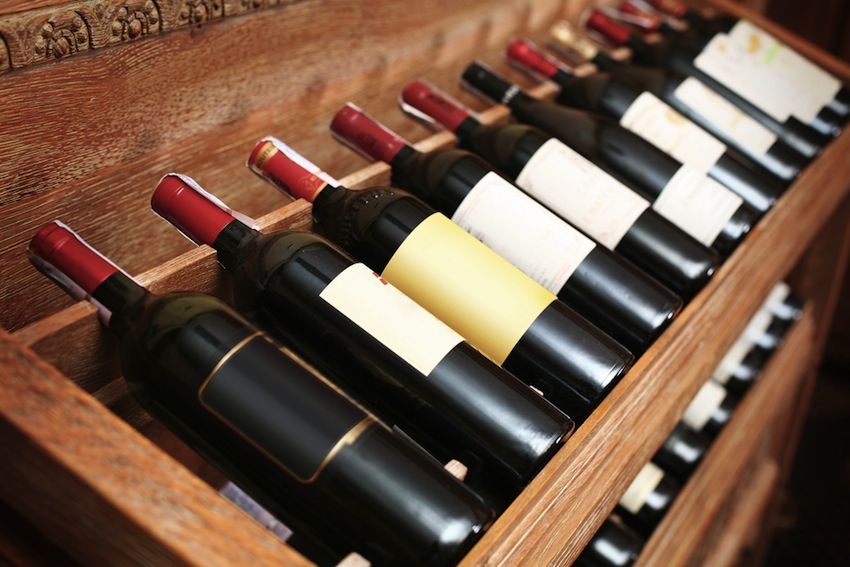Changes to Wine Direct Shipping Laws Are Fermenting on Beacon Hill

Wine photo via shutterstock.com
Wine connoisseurs are looking to stomp out state laws that keep companies from selling their products to people in Massachusetts by barring them from delivering straight to customers’ doorsteps.
On Tuesday, elected officials will join business owners from the wine industry to addresses winery-to-consumer shipments during a hearing with the Joint Committee on Consumer Protection and Professional Licensure at the State House. Proponents of out-of-state wine deliveries will be backing House Bill 294, which seeks to squeeze in new guidelines by amending the wording in the law to allow “the direct shipment of wines” to customers.
The proposed law would limit the amount of wine that a company can send to an individual to no more than 24 cases—and 9 liters per case—each year, and require businesses to secure a permit to transport wine to consumers. It would be coupled with a rule forcing licensed wineries to pay excise taxes and annual licensing fees as well as to set up a fine structure to ensure sellers aren’t sending items to underage consumers or overstepping their distribution rights.
The legislation is backed by members of “Free the Grapes,” a national grassroots organization comprised of winery owners, consumers, and retailers who want to remove restrictions in states that prohibit people from purchasing wines to their homes.
“Massachusetts is the largest state for wine consumption that continues to ban direct shipping,” according to members of the group. “Consumer support for legal, regulated direct shipment will help turn the tide.”
Currently, in Massachusetts, customers can’t have wines from out-of-state businesses directly delivered to their homes despite a ruling by a federal judge in 2010 that called the ban on the sales process “unconstitutional.”
Massachusetts is just one of nine states that prohibits the transactions, along with Utah, Oklahoma, Mississippi, Alabama, South Dakota, Kentucky, Pennsylvania, and Delaware. Seeking to get off that short list, the language in the current bill, filed in January by State Rep. Theodore Speliotis, includes restrictions similar to wine-direct shipping laws now in place in states that allow it.
Liquor storeowners and wholesalers have been opposed to changing the law, claiming it could hurt sales, limiting the amount of customers they see coming into the store to buy boxes of wine.
But supporters claim it would even the playing field and allow businesses from outside Massachusetts get their name out to more consumers. “Everyone wins with [this legislation]— wine lovers get access to the wines they want, wineries have a proven set of regulations, and the state collects additional tax revenues,” said former New England Patriots quarterback Drew Bledsoe, proprietor of Doubleback Winery in Washington state.
In March, Bledsoe came back to Massachusetts to advocate for the bill, and lobbied state officials on Beacon Hill.


